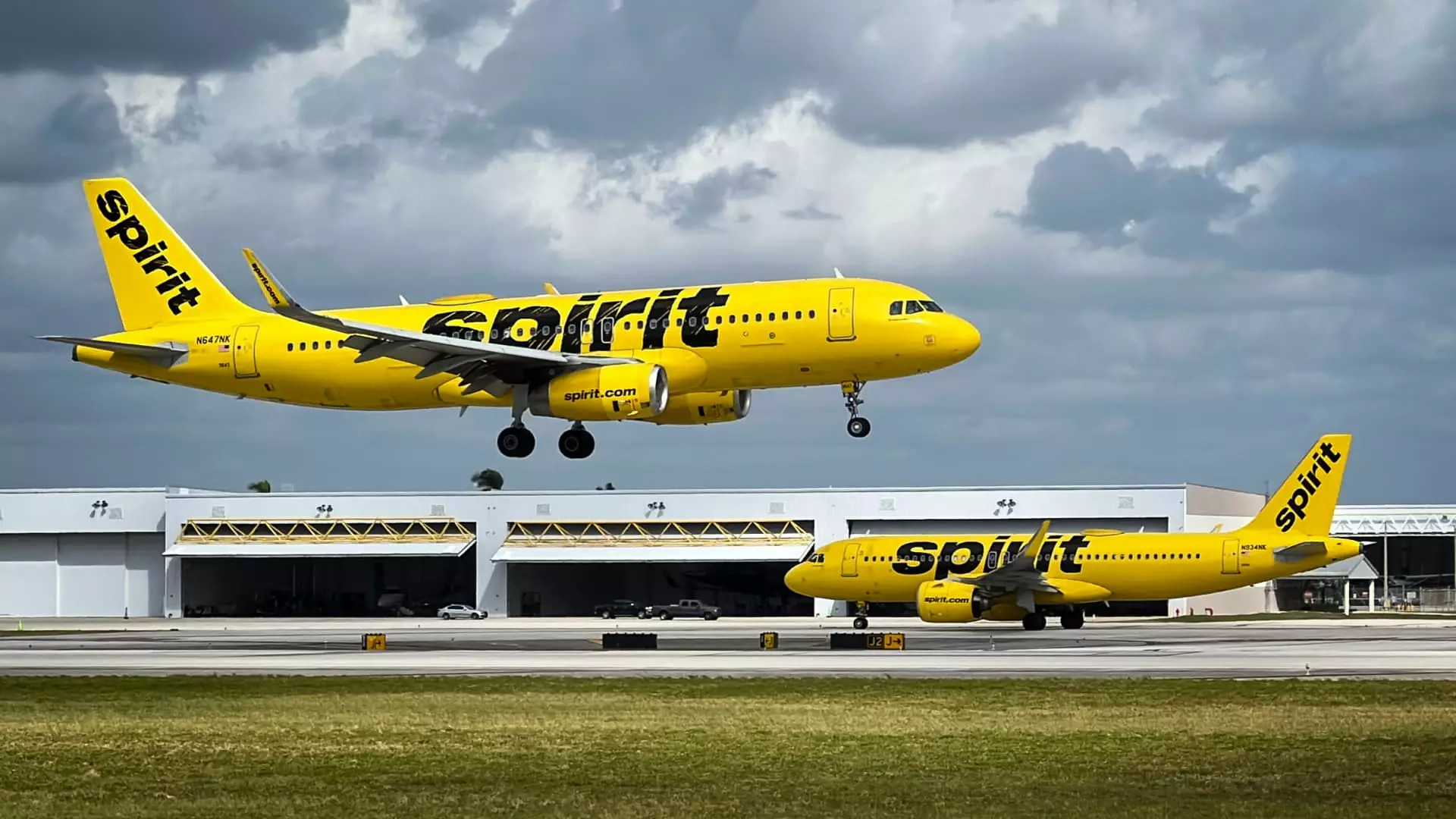In a significant move prompted by escalating security concerns, the Federal Aviation Administration (FAA) announced a temporary ban on all U.S. civilian flights to and from Haiti. This prohibition comes in the wake of alarming incidents involving commercial flights being targeted by gunfire, underscoring the growing safety risks in the region. On a fateful day, a Spirit Airlines flight experienced a harrowing moment when it was struck while preparing to land in Port-au-Prince, leading to this decisive action by U.S. authorities.
The FAA’s directive not only halts flights to Haiti for a duration of 30 days but also restricts U.S. aircraft from flying below 10,000 feet in Haitian airspace. This restriction is particularly telling of the seriousness of the threat that commercial airlines face in this area. The incident involving Spirit Airlines Flight 951, which faced gunfire resulting in minor injuries to a flight attendant, serves as a stark reminder of the peril that can be present in regions experiencing instability. Moreover, American Airlines reported similar incidents involving its flights, further drawing attention to the unpredictable nature of air travel in the vicinity of Port-au-Prince.
The immediate fallout from these security breaches has forced airlines like American and JetBlue Airways to discontinue services to Haiti, significantly disrupting travel plans for individuals and affecting economic ties between the U.S. and Haiti. American Airlines, for instance, has halted flights to the capital through early February, highlighting how swiftly safety concerns can ripple through the aviation industry. For many travelers who rely on these routes for business or family connectivity, such disruptions can have profound implications, not only for personal travel but also for humanitarian and economic initiatives that depend on the free movement of people and goods.
This flight ban is emblematic of broader issues impacting U.S.-Haiti relations, particularly in the context of security and support. The increased violence and instability in Haiti have led to a precarious situation where air travel is no longer seen as safe. Such measures may also exacerbate already fragile connections between Haitian communities and their diaspora in the U.S., further isolating Haiti at a time when international support is crucial.
While the FAA’s decision to suspend flights is a measure rooted firmly in safety, it simultaneously raises questions about the long-term ramifications for both the aviation industry and the societal fabric linking Haiti and the U.S. As instability continues to challenge the region, the hope remains that improved security measures and greater international cooperation can pave the way for safer travel in the future.


Leave a Reply